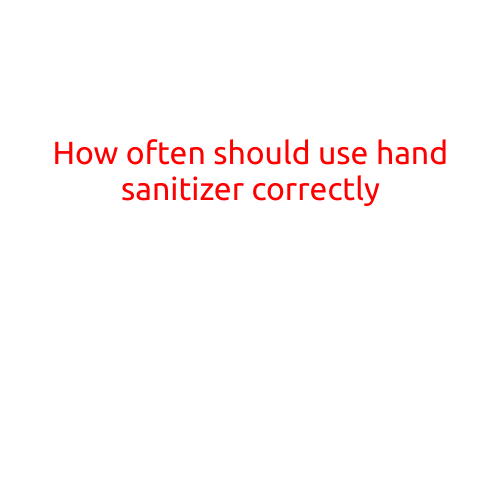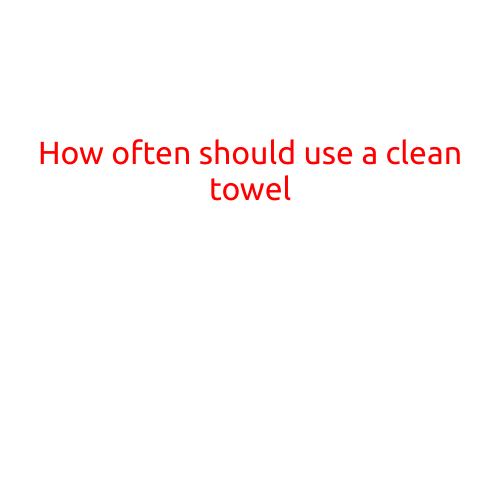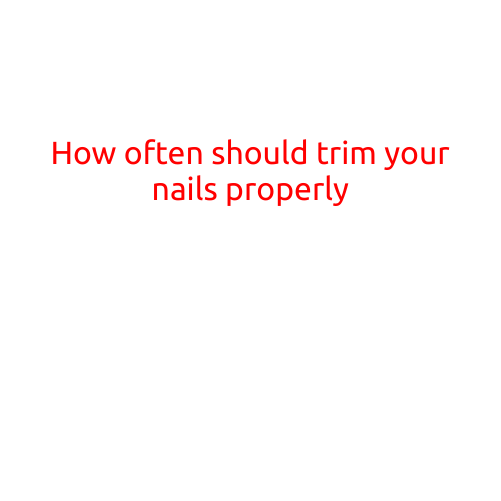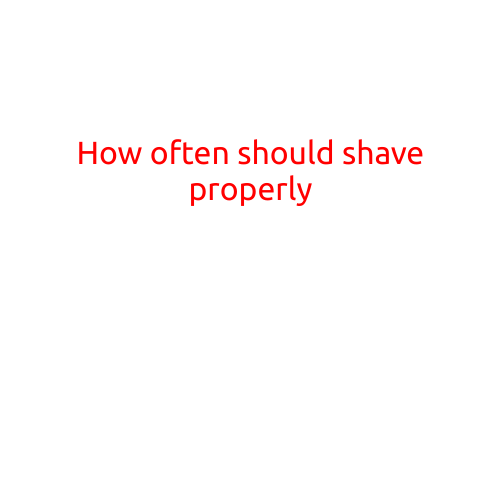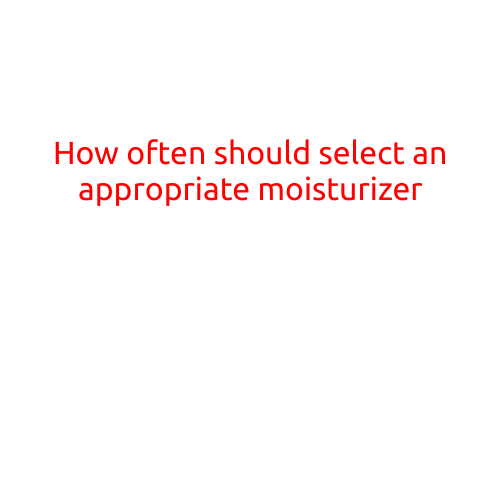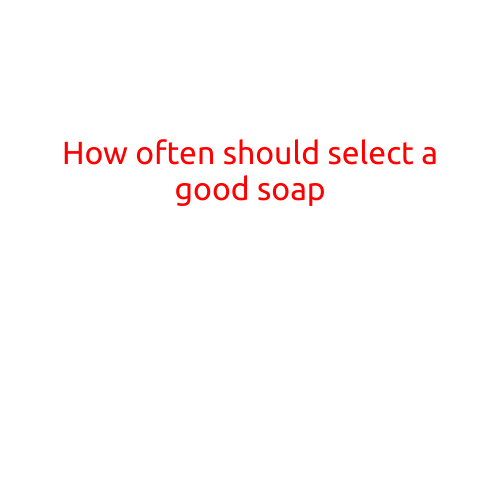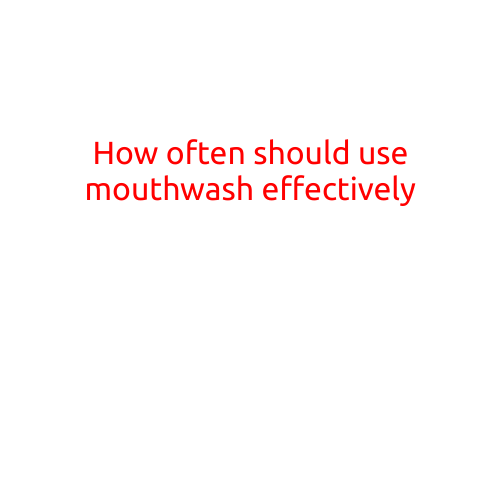
How Often Should You Use Mouthwash Effectively?
Mouthwash has become a staple in many people’s oral care routines, offering a quick and easy way to freshen breath, reduce plaque, and prevent gum disease. But, with so many options available, it can be confusing to know how often to use mouthwash effectively. In this article, we’ll explore the ideal frequency for using mouthwash and provide tips on how to get the most out of your mouthwash routine.
Benefits of Mouthwash
Before we dive into the frequency of mouthwash use, let’s quickly review the benefits of using mouthwash:
- Freshens breath: Mouthwash can help eliminate bad breath (halitosis) and leave your mouth feeling clean and fresh.
- Reduces plaque: Mouthwash can help reduce the formation of plaque, which can lead to cavities and gum disease.
- Prevents gum disease: Regular use of mouthwash can help prevent gingivitis and periodontitis, two common forms of gum disease.
- Combats bacteria: Mouthwash is effective at killing bacteria that can cause oral infections and other problems.
How Often to Use Mouthwash
Now, let’s address the question of how often you should use mouthwash. The frequency of mouthwash use depends on various factors, including your oral health needs, the type of mouthwash you use, and your personal preferences.
- For general oral health maintenance: Use mouthwash once a day, morning or night, as part of your regular oral care routine.
- For specific oral health issues: If you have a specific oral health issue, such as gingivitis or dry mouth, your dentist may recommend using mouthwash more frequently (e.g., twice a day) or using a specific type of mouthwash (e.g., a fluoride mouthwash).
- For pre-oral surgery or dental procedures: If you’re scheduled for oral surgery or other dental procedures, your dentist may recommend using mouthwash as an antibacterial rinse to reduce the risk of infection.
Tips for Effective Mouthwash Use
To get the most out of your mouthwash routine, follow these tips:
- Choose the right type of mouthwash: Opt for a mouthwash that is pH-balanced, contains antibacterial agents, and is gentle on your teeth and gums.
- Use the correct amount: Use the recommended amount of mouthwash, usually 10-30 mL, and swish it around your mouth for 30 seconds to 1 minute.
- Avoid swallowing: Mouthwash is not meant to be swallowed, so be careful not to ingest it. If you accidentally swallow mouthwash, contact your dentist or a poison control center.
- Don’t overuse: Avoid using mouthwash too frequently, as this can lead to dry mouth, tooth decay, and other oral health issues.
- Consult your dentist: If you have specific oral health concerns or questions about mouthwash use, consult your dentist for personalized advice.
Conclusion
In conclusion, using mouthwash effectively requires finding the right frequency for your oral health needs and using the correct techniques. By choosing the right type of mouthwash, using the correct amount, and following the recommended frequency, you can reap the benefits of mouthwash use and maintain a healthy, happy smile. Remember to consult your dentist for personalized advice on mouthwash use and any other oral health concerns you may have.
